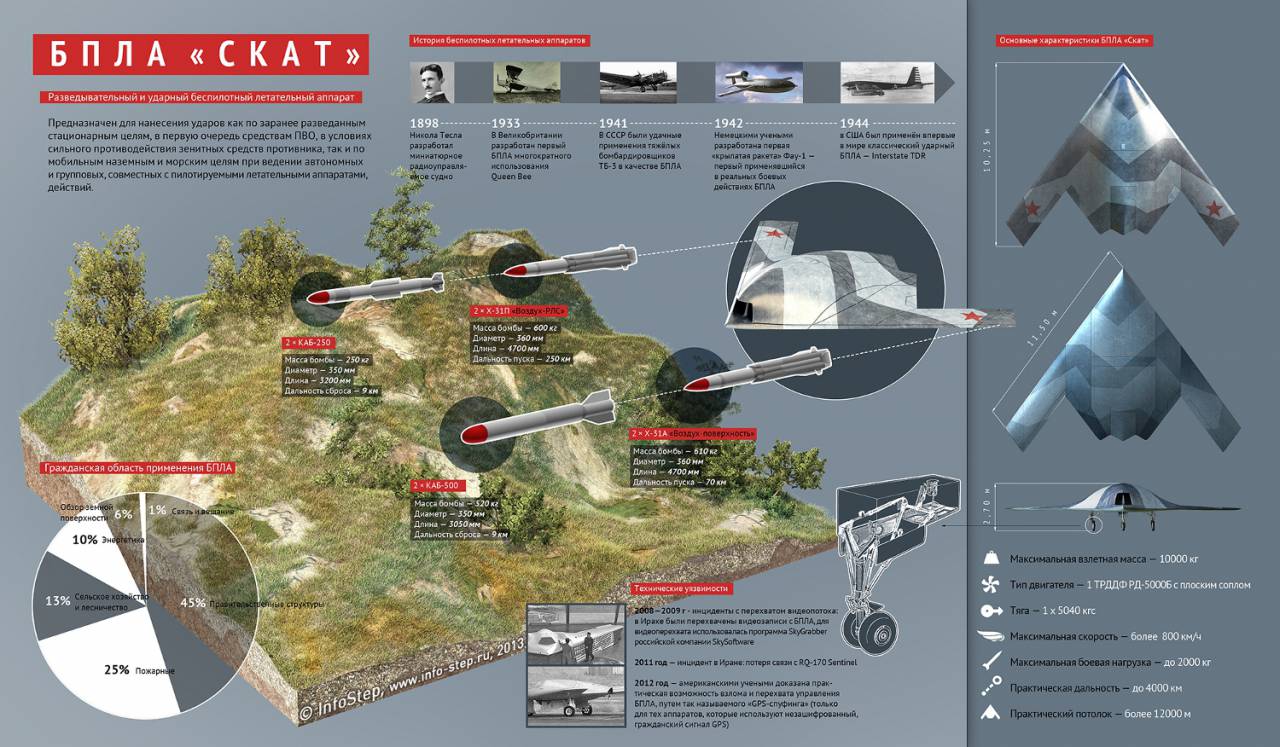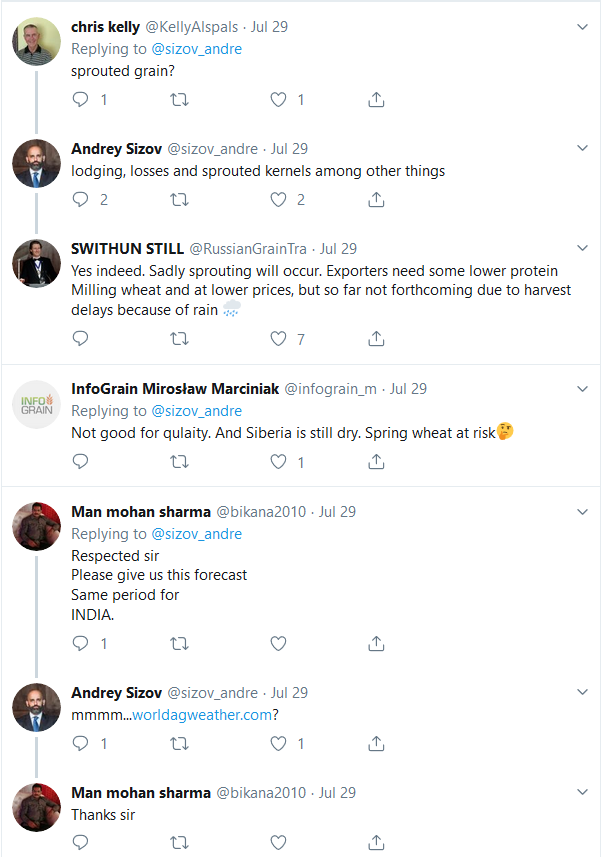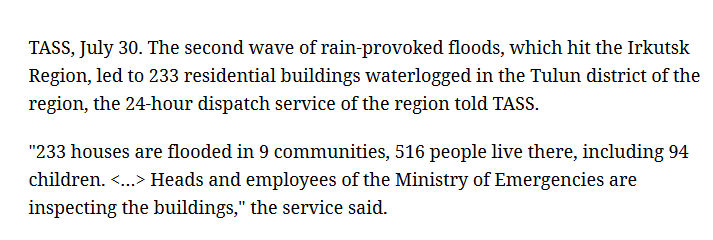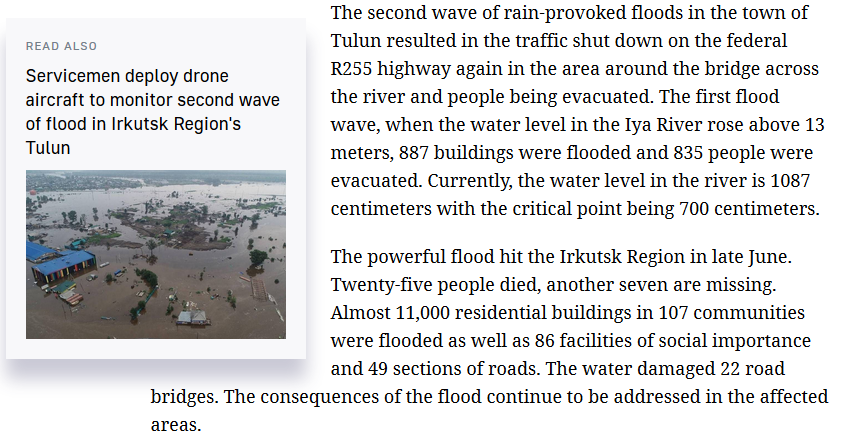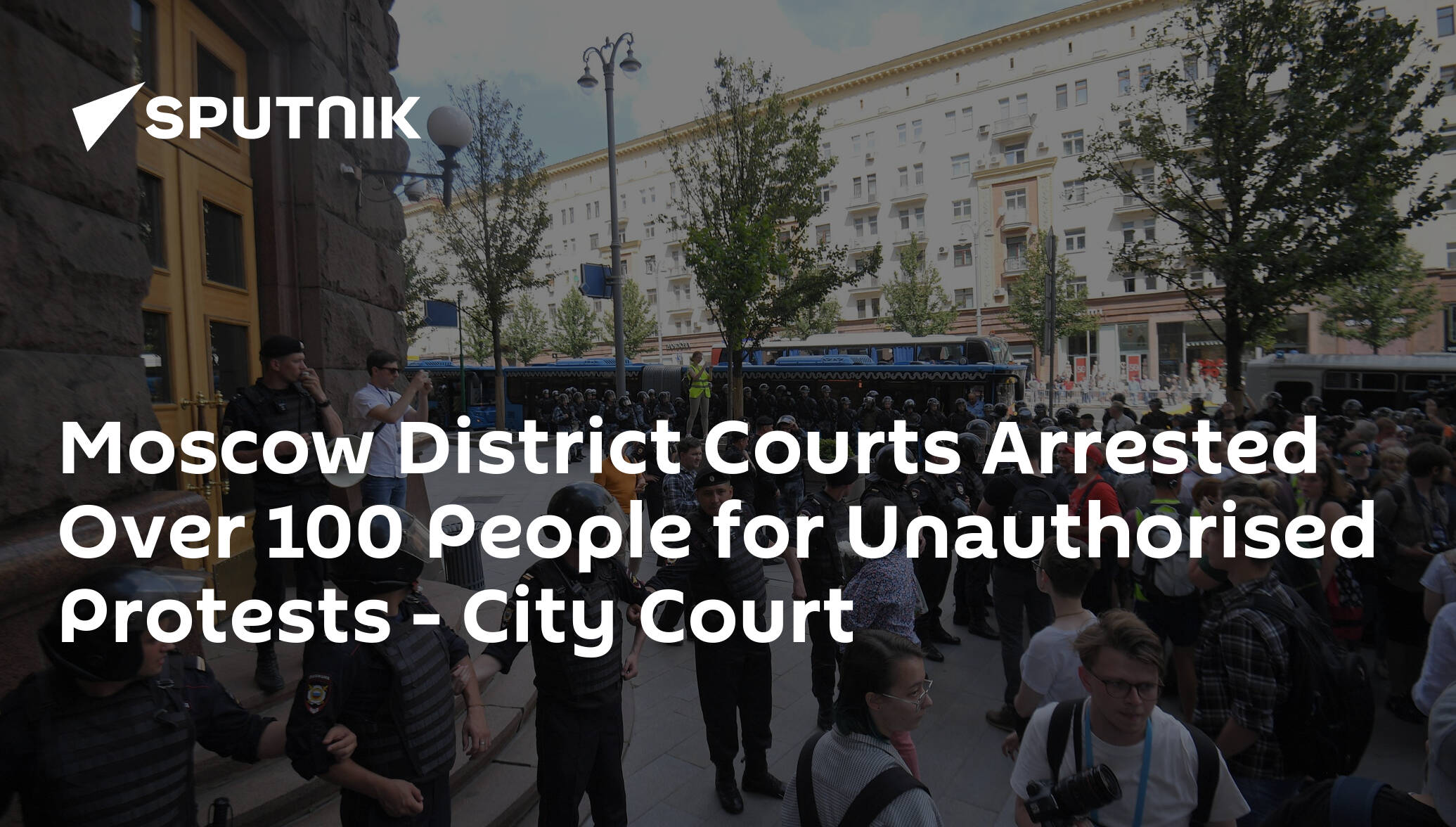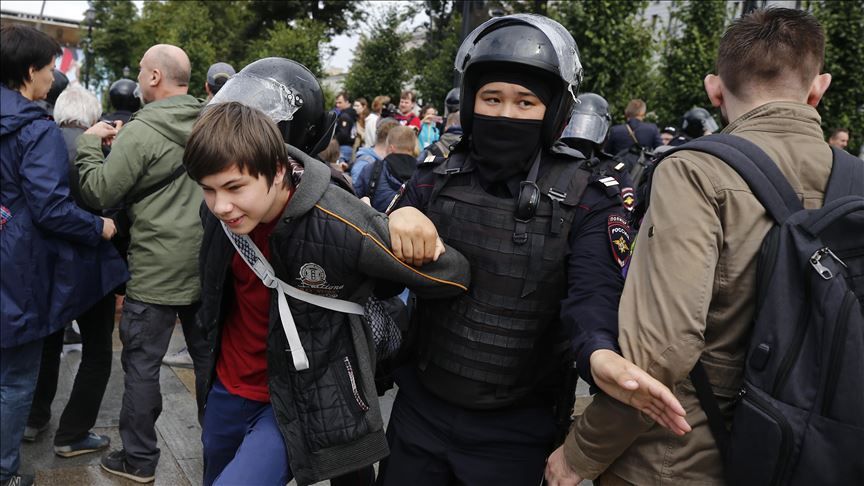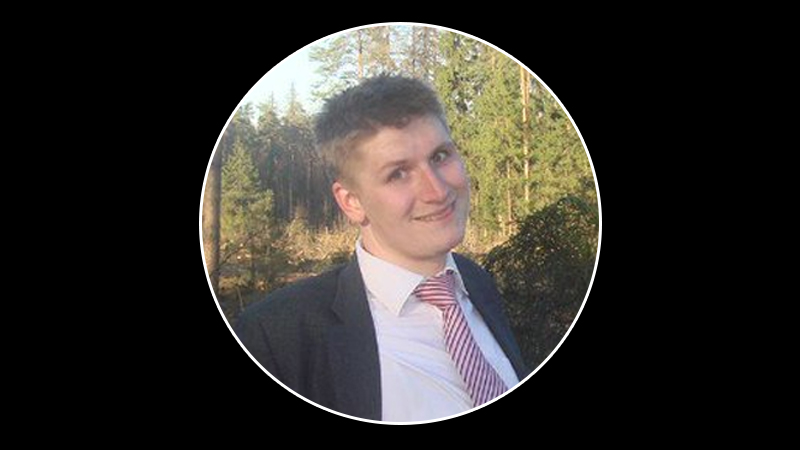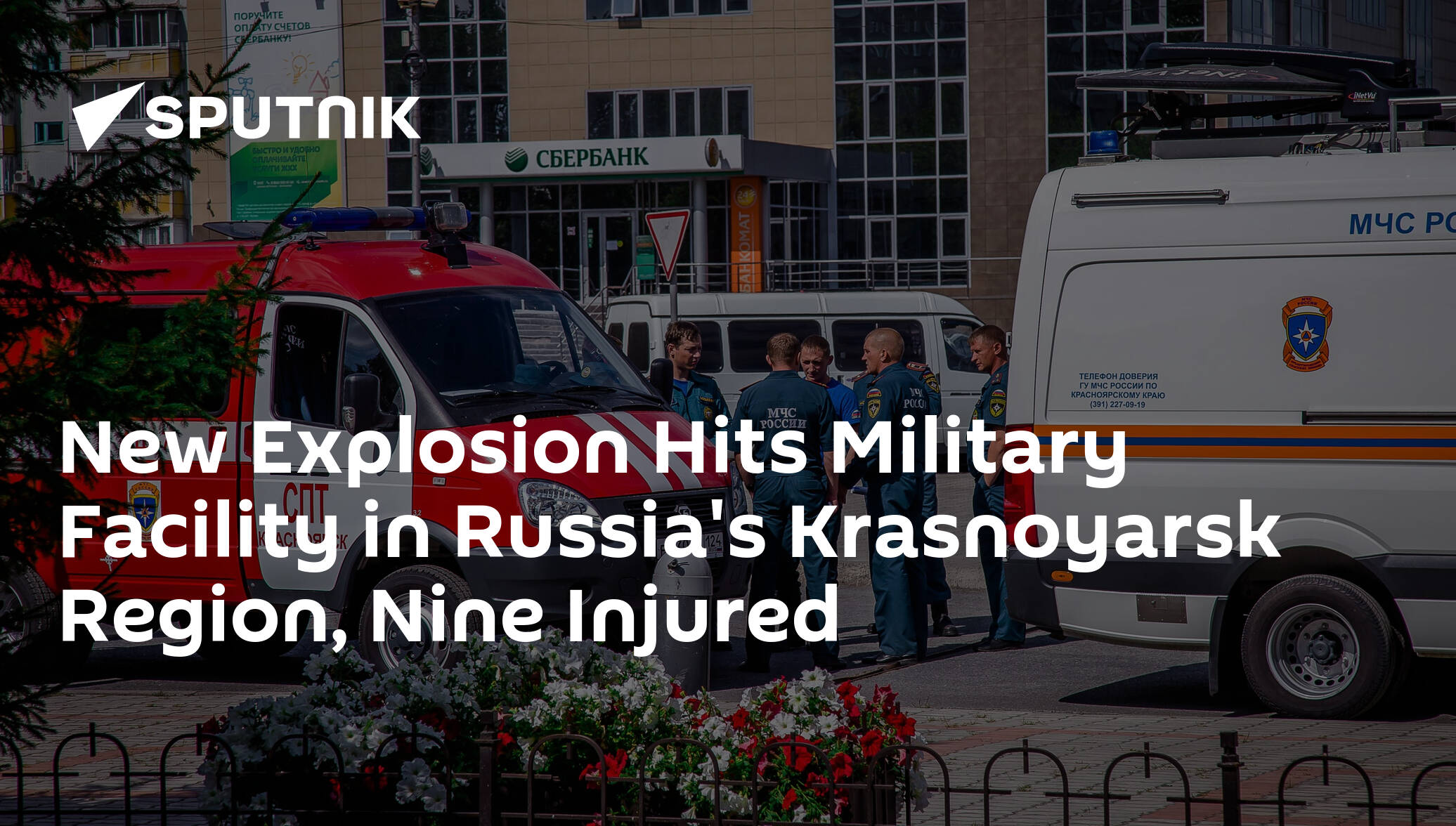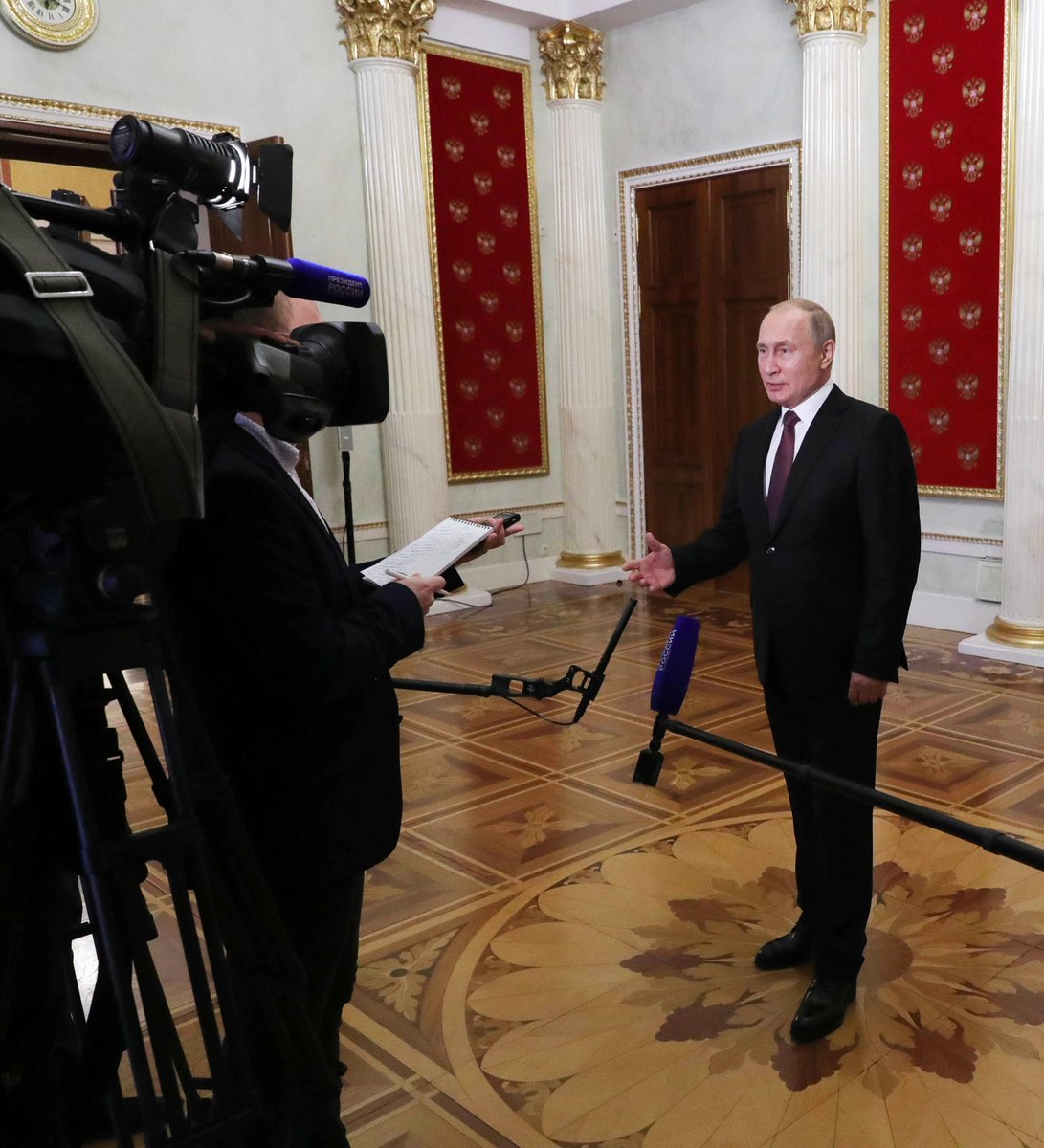Putin ally warns opposition protesters: We won't allow anarchy
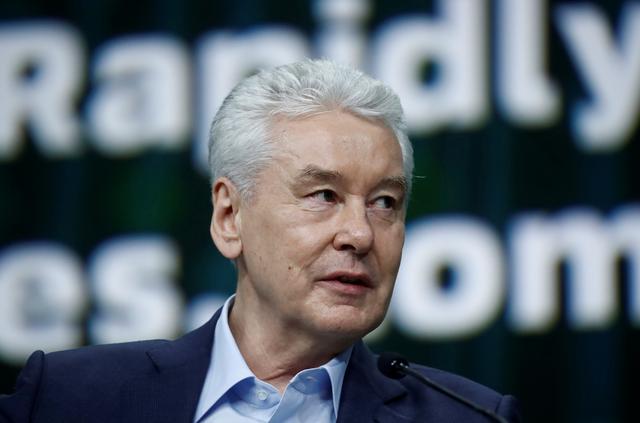
Moscow Mayor Sergei Sobyanin, an ally of President Vladimir Putin, told opposition activists on Tuesday he would not allow their protest movement to plunge the Russian capital into anarchy and accused them of plotting mass disorder.
Sobyanin was speaking after police rounded up more than 1,000 people in Moscow on Saturday in one of the biggest crackdowns of recent years against an increasingly defiant opposition decrying Putin’s tight grip on power.
Dozens of demonstrators and several police officers were injured after police used batons to disperse crowds and, in some cases, beat protesters taking part in what the authorities said was an illegal demonstration.
Allies of jailed Kremlin critic Alexei Navalny have urged people to take to Moscow’s streets again this Saturday, again without the authorities’ approval and pressing the same demand.
They are calling for opposition-minded candidates to be allowed to run in a Sept. 8 vote in the Russian capital. Authorities barred the candidates from running on the grounds that they failed to collect sufficient genuine signatures in their support, an assertion the candidates reject as false.
The United States, the European Union, the United Nations and human rights groups have condemned what they called the disproportionate use of force by police on Saturday and opposition activists say their protest was peaceful.
But Sobyanin, in his first public comments on Saturday’s demonstration, described the protest as mass disorder and praised the police for what he called their appropriate response, saying they had fulfilled their duty.
“How do I assess them? As mass disorder well planned in advance,” Sobyanin told the TV Centre television channel when asked to say what he thought of Saturday’s events.
The protesters “tried to block roads, block streets and assault police officers. They simply forced the police to use force”, he said.
Sobyanin accused the organizers of trying to use illegal means to win power in Moscow and said the election for the 45-seat city parliament that the barred opposition candidates are trying to take part in would be competitive without them, with five people vying for each seat.
When asked to comment on activists’ plans for another protest this Saturday, he called it a provocation.
“Anarchy, disorder and lawlessness make real problems worse and end in tragedy,” said Sobyanin.
“There are more than enough examples in our country’s history. Order will be maintained and it cannot be any other way.”
Over 60 arrested for taking part in unauthorized Moscow rally
© Valeriy Sharifulin/TASS
MOSCOW, July 30, 2019 - Moscow courts have ruled to arrest 61 people and ordered more than 160 others to pay fines as part of administrative offence cases opened after an unauthorized rally in the city center on July 27, Spokesperson for the Moscow City Court Ulyana Solopova told TASS.
"The courts have handed down 61 rulings on an administrative arrest and 161 rulings on paying fines," the spokesperson said.
Earlier, the Moscow courts had considered 278 administrative cases into the July 27 events in the capital.
On July 27, police jointly with the National Guard detained more than 1,000 people for taking part in an unauthorized event in downtown Moscow. According to police, the event had drawn over 3,500 people. The authorities had warned the rally’s participants about their responsibility for violating the law. Moscow’s prosecutors have launched an investigation against 15 unregistered candidates to the Moscow City Duma, who organized unauthorized rallies on July 14 and July 27.
Senior prosecutor urges tough action against unauthorized rallies’ organizers
MOSCOW, July 30, 2019 - Prosecutors should take tough action against the participants and organizers of unauthorized rallies in the run-up to the single voting day in September, First Deputy Russian Prosecutor-General Alexander Buksman told a board meeting on Tuesday.
The latest event in Moscow indicates the need to change oversight procedures in the agencies during the preparations for holding the single voting day," Buksman said. "Prosecutors should take tough action against the organizers and participants of illegal and unauthorized public events, timely respond to the facts of violating citizens’ legal rights and use a whole array of response measures here, including anti-terrorist protection of polling stations."
Russian investigators treating opposition protest as mass unrest: RIA
Russian investigators on Tuesday opened criminal proceedings related to an opposition protest in Moscow over the weekend and are treating the demonstration as mass civil unrest, the RIA news agency reported.
Russian opposition leader Navalny discharged from hospital
Russian opposition leader Alexei Navalny was discharged from a Moscow hospital on Monday where he was being treated for an unexplained health problem and returned to prison under guard, Anastasia Vasilyeva, his doctor, said.
Russian court rejects Kremlin critic Navalny's early release appeal
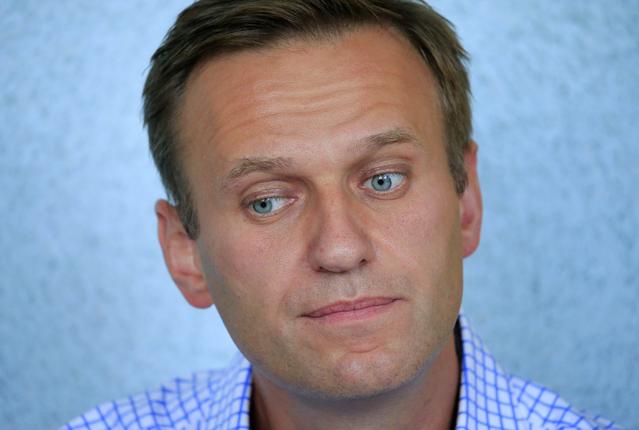
A court in Moscow rejected jailed opposition leader Alexei Navalny's appeal for early release on health grounds on Tuesday, after he was suddenly taken ill in custody at the weekend and rushed to hospital to be treated.

